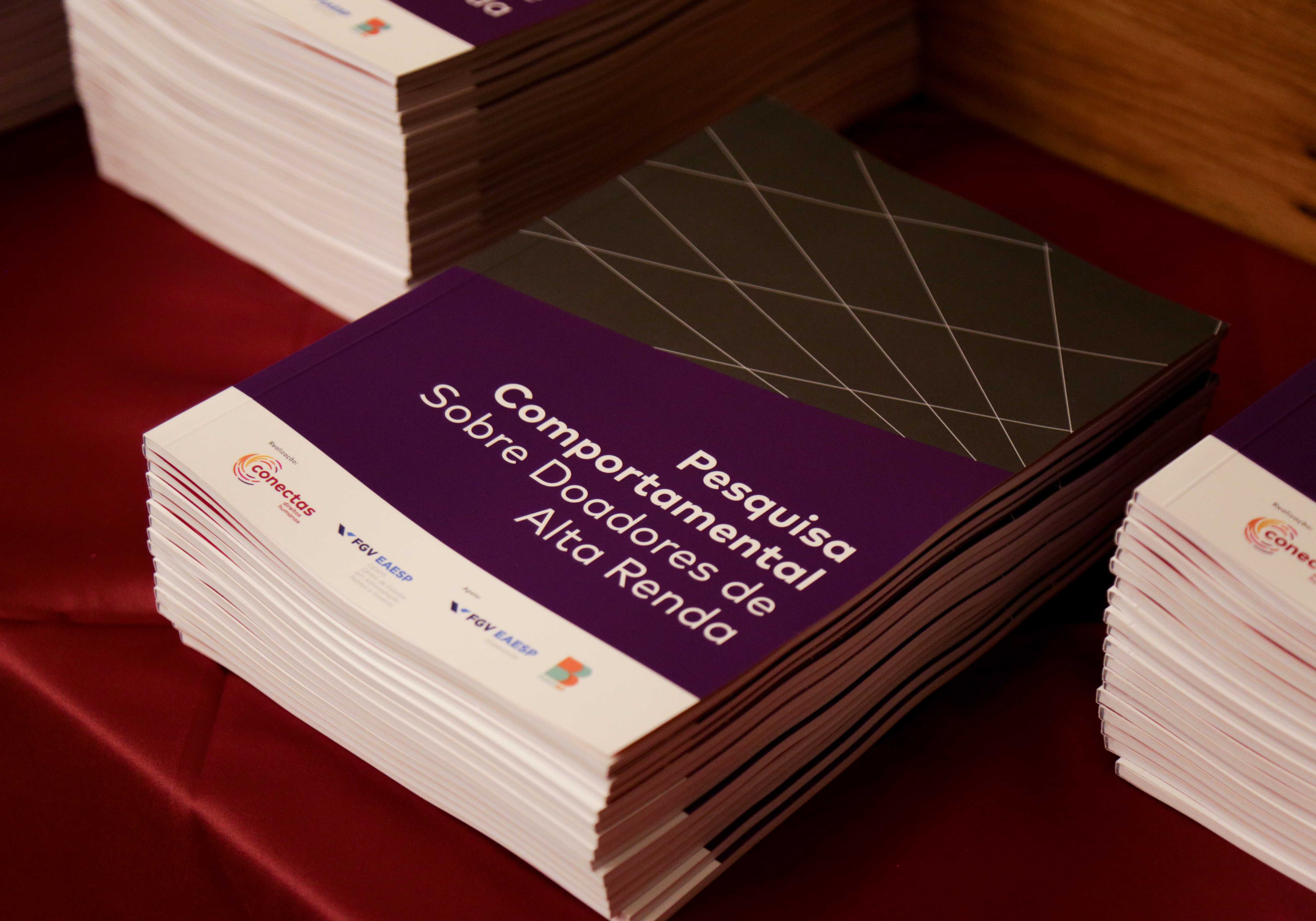Original research outlines the profile of high-income donors in Brazil
Research carried out by Conectas and the Getúlio Vargas Foundation examines philanthropy and the culture of donating to human rights causes

The Research Centre for Public Administration and Government at the Getúlio Vargas Foundation (FGV) and Conectas have carried out an original piece of research into the profile of potential donors with high-incomes in Brazil. The research had the support of the BIS Fund at Gife (Group of Institutes, Foundations and Businesses). The report “Pesquisa Comportamental sobre Doadores de Alta Renda” (Behavioural Research on High-Income Donors), or PCDAR, seeks to understand what motivates people to empathise with human rights causes.
According to the organisations in charge of the research, this sector of the public is not yet particularly engaged with social institutions and greater involvement could be an “important option in the diversification of sources of funding.”
“Historically, organisations turn to international foundations to fund their activities. Nowadays, in a scenario of attacks on activism and with the threat of intervention in the work of NGOs, maximum diversification of funding methods is necessary.” Says Juana Kweitel, Executive Director at Conectas.
The research classifies potential donors with high-incomes as people with a monthly income of at least R$ 30 thousand. According to RAIS (Social Information Report), published by the former Ministry for Labour, in 2016, this group represents 0.2% (132 thousand) of the total working population in the formal labour force. However the GN-DIRPF (Large Numbers of Income Tax Returns for Individuals), linked to the Internal Revenue Service suggests that this number is higher, with a contingent of between 356 thousand and 1.1 million people nationwide.
Both indicators show this population to be made up of mainly men (75%), white (80%) who are in an older age bracket (75% between 40 and 64 years old). They are mostly people who finished higher education (86%) or a post-graduate course of some sort. They also live in the Central West and South East of the country (86% in these two regions) and principally in the State of São Paulo. They are mostly catholics or spiritists.
Three hundred and forty eight people who fit this profile answered the questionnaire, 77% of whom stated they had previously donated to social organisations and institutions. The majority of the 23% who had never donated to this type of organisation cited distrust of these institutions.
“Trust is a fundamental aspect of donation. People do not donate if they feel distrust. Trust has to be built up.” It says in the research.
In addition to the questionnaire, the team of researchers held a focus group, a meeting with people who fulfilled a pre-defined profile, in order to obtain qualitative responses on the issues addressed in the questionnaire.
Using this method it was ascertained that the principal motivations associated with the act of donating are “to have an impact on social conditions, to make a difference in people’s lives and to seek personal satisfaction.” The sample also showed an initial resistance to the theme of human rights, however, it was possible to overcome this through technical, rational arguments based on facts.
See below a compilation of the principal data extracted from the PCDAR.


